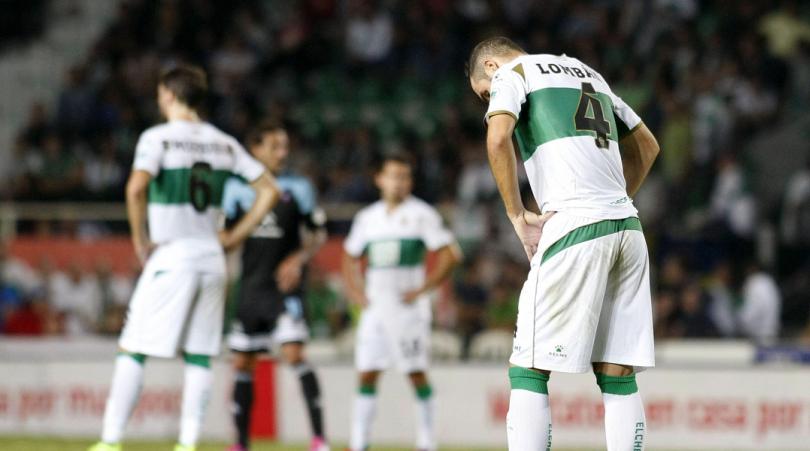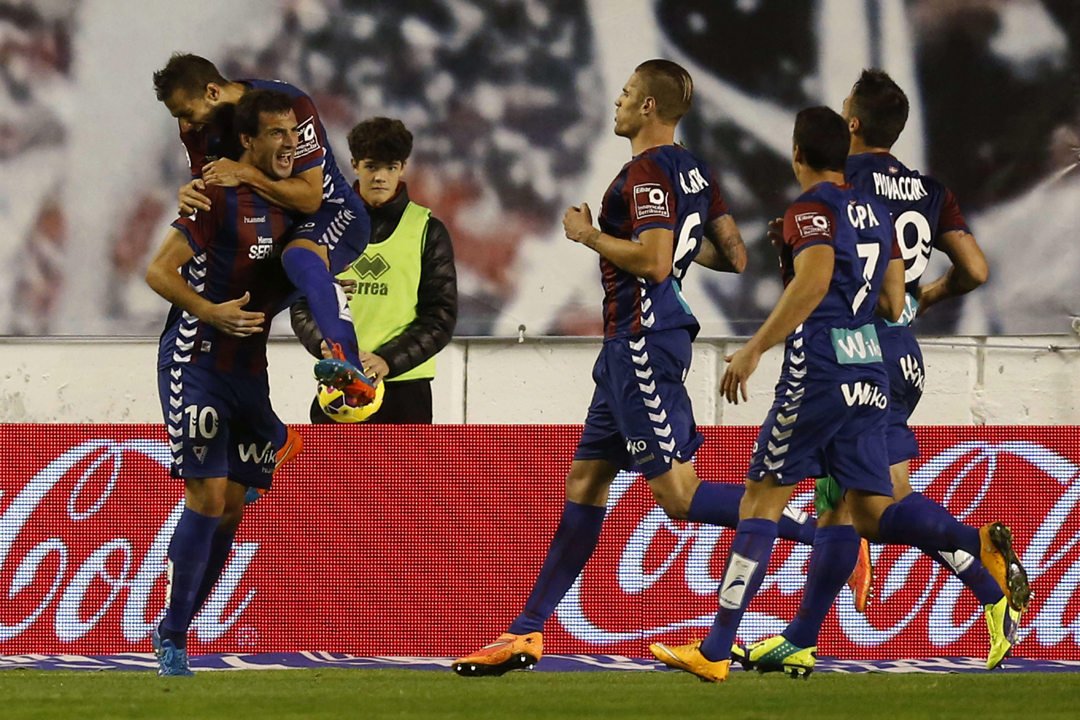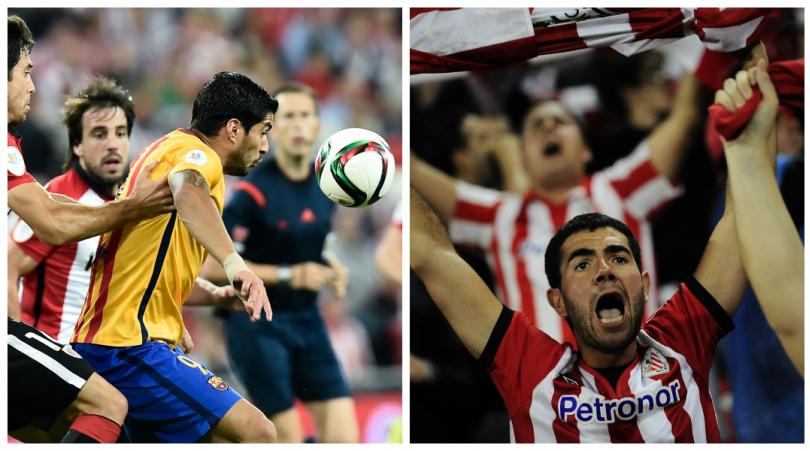Why the relegation zone is no longer fatal in La Liga
Tim Stannard explains that after Elche's relegation, teams in Spain's top flight will need more than just points earned on the pitch to stay up next season...

La Liga, always on the hunt for wacky new concepts, was wanting to make the relegation battle as unpredictable as possible. To this end, a whole new concept to the battle for survival was introduced that didn’t so much move the goalposts as plant them in another dimension. This innovation made it possible to finish in the relegation zone but still avoid going down, thus adding some tension to that all-too-often boring close season period.
It was decreed that the health of a club’s accounts were to be just as important to survival as the ability of the players on the pitch. Last season Elche finished in a very perky 13th, while plucky Eibar got sucked into the maelstrom on the final day of the season to join Almería and Córdoba in the second division.
At least that was what everyone thought when they went away for the summer. However, there was to be a twist to the story in that Elche could see dead people. Well, not quite. Instead Elche’s inability to agree a deal to pay outstanding debts to Spain’s tax authorities gave the Basque club a reprieve and sent Elche down by way of punishment for failing to follow the economic rules of La Liga.

In doing so the precedent was set that clubs well organised off the pitch as well as on it were rewarded. It tends to be the case with teams that have stability, a lack of boardroom battles or managerial changes having the advantage in a league where half of La Primera will be much of a muchness in terms of quality.
It was decreed that the health of a club’s accounts were to be just as important to survival as the ability of the players in the pitch.
New blood
The three newbies are going to be very welcome indeed as Las Palmas, Sporting and Betis tend to pack their grounds for home games and take quite a few fans away for good measure. The return of the Canary Islanders means that the league will see some of the longest away trips in Europe, with those clubs in the north of Spain facing a journey the same length as travelling to Denmark.
Of the trio, Betis have the best chance of surviving the campaign with Pepe Mel at the helm once again, a coach who has brought in Juan Vargas from Fiorentina and Rafael van der Vaart, whose last spell in La Liga was with Real Madrid. Both Sporting and Las Palmas are strapped for cash like many teams in the division, but might have a bit of momentum behind them to reach the 37-point barrier that is normally enough to stay up (provisionally) and then coast for the rest of the campaign.
Get FourFourTwo Newsletter
The best features, fun and footballing quizzes, straight to your inbox every week.
Eibar are a clear example of the general poverty of La Primera away from the top dogs, with only £350,000 being spent on a player, and a loan deal at that. However, the Basque outfit are not alone in penny pinching. Sides like Deportivo, Levante and Getafe will also mostly be relying on loans and hand-me downs from the top four and will likely have a year looking over their shoulders.
With so much equality through at least half the division, the sides that survive on the pitch tend to be the ones that can hold their nerve, have little institutional upheaval and ideally a player who can give them 10 goals or more over the season. Elche were only lacking one of these last year but it was enough to see them sent down post-season. This year’s La Liga relegation battle ain’t over ‘til it’s over. And then over some more.

